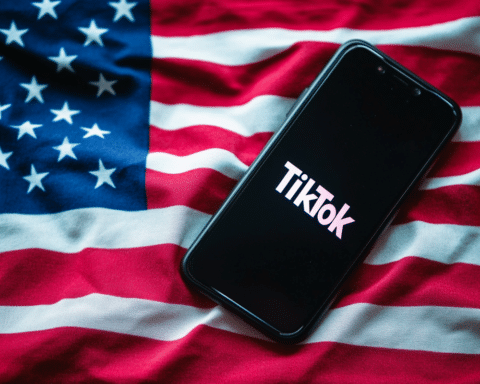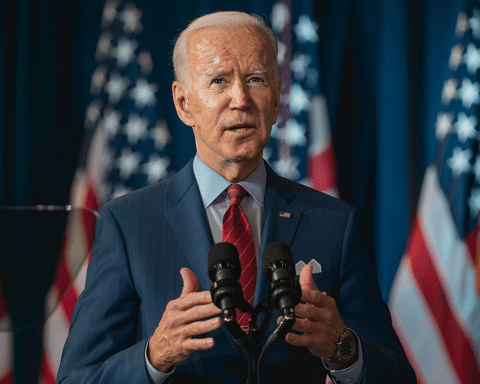The future of TikTok in the United States is in jeopardy after a federal appeals court unanimously upheld a ban on the platform, effective January 19, 2025. This unprecedented decision will impact over 170 million users in the country and could set a precedent for similar actions in other regions, reshaping the landscape of social media regulation.
A Landmark Decision with Global Implications
The U.S. Court of Appeals for the D.C. Circuit issued a decisive ruling that TikTok will no longer be available in the U.S., at least temporarily. “We recognize that this decision has significant implications for TikTok and its users,” the court confirmed the platform’s upcoming ban. ByteDance, TikTok’s parent company, now faces a strict ultimatum: sell the social media app to an American company before the deadline or face a complete shutdown.
Political dynamics add further complexity. Former President Donald Trump, who has indicated plans to reverse the ban, is set to assume office just one day after the prohibition takes effect, creating uncertainty about TikTok’s future in the country.
Economic and Social Fallout of the Ban
The ban’s economic consequences are expected to be far-reaching. Content creators in the U.S. will lose a critical platform for income generation, and advertisers will need to rethink their strategies. While some users may attempt to access TikTok via VPNs, the overall financial impact on ByteDance and its business model in one of its most lucrative markets will be profound.
Beyond the U.S., similar concerns about TikTok have emerged in Europe, where policymakers are considering comparable restrictions. Experts highlight that these concerns go beyond privacy and national security, touching on broader issues of digital well-being and mental health, particularly among younger users.
Research Supporting the Ban
A recent study published in Nature examined TikTok’s impact on 737 adolescents in Spain, revealing alarming problematic usage patterns. Key findings include:
- TikTok’s infinite scrolling feature blurs users’ perception of time, encouraging excessive use.
- Teenage girls are particularly prone to spending prolonged periods on the app.
- Passive content consumption outweighs active interaction, negatively affecting mental health.
The study’s authors called for stronger regulatory measures, including mandatory parental controls, stricter time limits, and educational programs to promote healthier digital habits.
What Lies Ahead for TikTok?
With less than thirteen months to comply with U.S. demands, ByteDance faces one of its greatest challenges. The company must address national security concerns and implement effective measures to safeguard users’ digital well-being.
This ban could set a global precedent for regulating social media platforms. As the court noted, “This case redefines priorities around technology and privacy.”
It remains to be seen whether ByteDance can navigate this crisis or whether TikTok’s time in the U.S. is truly up.





